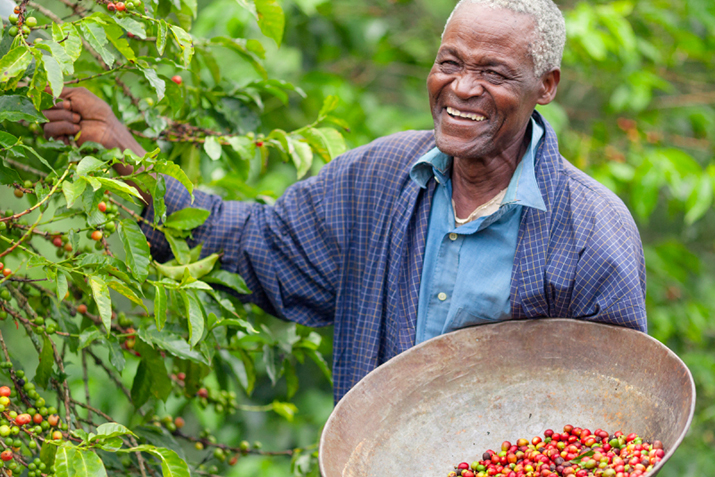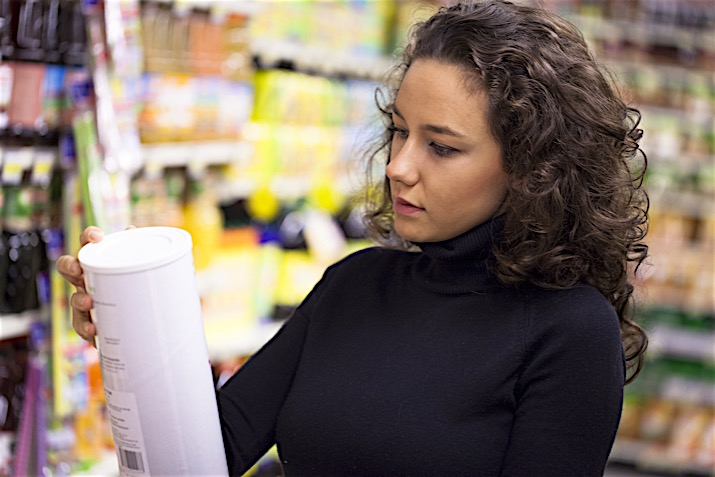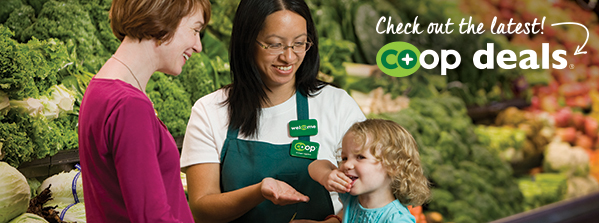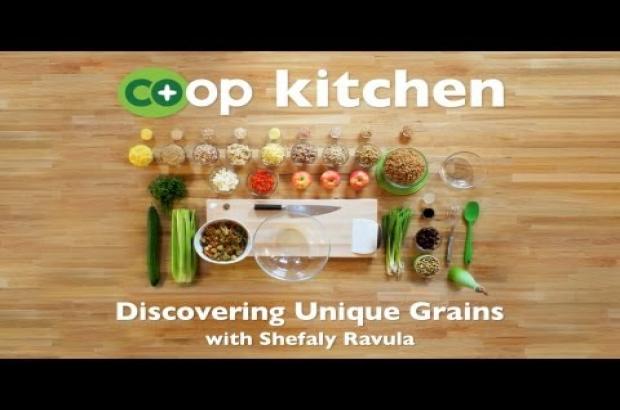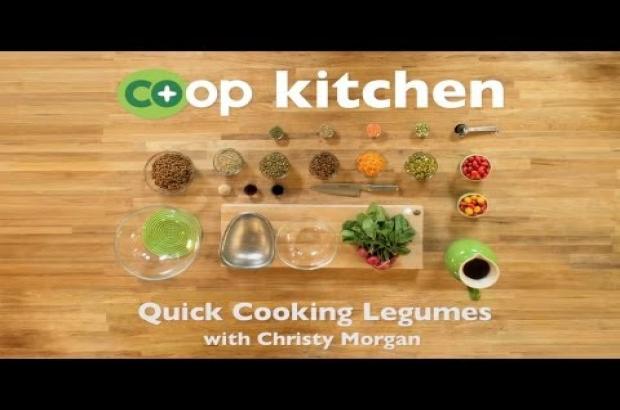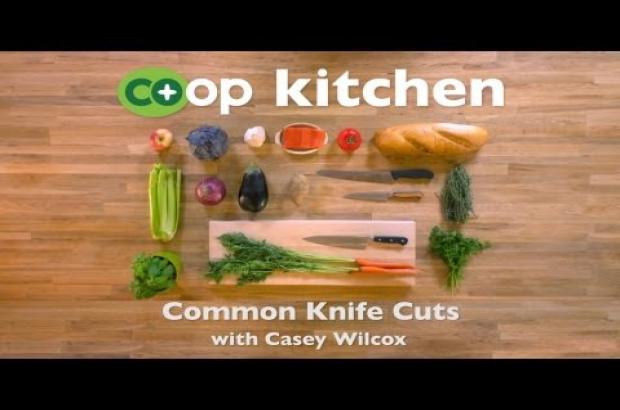Article
My Green Bean Problem, Some Homely Observations, and a Pact

The bean crop, I am sad to say, was none too impressive this year. After a wet and promising spring, we bottomed out in drought sometime in July. Having no running water near our garden, we are vulnerable and often hopeless. We mulch and try to be accepting. Most years either my husband or I declare this the last garden. Yet we are back at it the following year.
Sounds a little psychologically unhealthy, doesn’t it? Co-dependent even. Ah, well.
In order to make the beautiful meal (History as a Two Course Meal) I described at the beginning of the summer, I need those beans. I can’t deny, though, that my commitment to gardening, and even sometimes cooking, is uneven. I get distracted easily; drought occurs; my kitchen becomes a demilitarized zone, the refrigerator a hiding place for rotting food and the sink a pile of dishes.
“Fine.” I think to myself, “I’ll get beans at the Farmers Market."
Am I the only one, though, who has a harder time buying a vegetable after I have grown it?
I struggle with this problem most when the vegetable in question inflates on the stalk like a mutant water balloon. Zucchini, for example, provokes this reaction. I have not grown zucchini for about ten years. I have eaten it a handful of times in that same period because I feel just plain weird putting such a vegetable in my cart. For slightly different reasons, this goes for potatoes, peas, and winter squash as well.
By contrast, I don’t have trouble buying onions, garlic, lettuce, corn, or tomatoes. Either I have never tried to grow these vegetables, or, as in the case of tomatoes, I am so serenely aware of my ineptitude at growing them, that I feel comfortable leaving this work to others more competent than me.
Though it feels risky to reveal my vegetable neuroses to strangers, it seems worth highlighting the fact that gardening and cooking both force people into unpredictable relationships with the physical world. Something simple, like hunger, gets mixed up with emotion and reason when we start throwing seeds in the ground or set a pot on the stove to boil.
As I have said, what is true of gardening is also true of cooking. There are food items that are so easy to prepare that I can’t see my way to buying them frozen or otherwise ready-made. Ice cream, on the other hand, I have always purchased. I can’t buy pie or pizza crust, and will go without it rather than cave on this issue.
I am unsure what governs my byzantine categorization of foodstuffs into acceptable and unacceptable; good, bad, ugly, and indifferent. But I suspect that if I made progress on this question, other problems would be easier to solve.
Let’s deal with some psychological forces first. Most of us make dozens of choices daily. Some of these choices are trivial and some serious. In either case, we have to wade through a ghastly amount of information, manufacturing enough certainty to grab a box from the shelf or sign our name at the bottom of a page.
I remember how relieved I was when I read research theorizing that thinking burns a significant number of calories, particularly when you take into consideration the size of the brain relative to the rest of the body’s mass. So much finally made sense to me—not only the particular type of mental exhaustion I feel in myself and see in others, but also the strong drive not to think that I frequently witness.
We sometimes accidentally offload moral baggage onto food choices, but given the complexity of people’s lives, it is easy to see why we eat on auto-pilot. Eating decisions matter less than choosing between a fixed or variable mortgage rate, for example. We have to rest sometime.
Thinking on a larger scale, I observe habits, conventions, and technological changes. I read articles about childhood obesity and quinoa production in Bolivia. I fall asleep reading the farm bill; I find a snappy summary. According to some very learned folks, I have burned 34 calories.
Our various cultures are almost infinitely complex, and, as I said at the outset of this project, each eater changes his or her culture meal by meal and conversation by conversation. The best we can do is act where we are and as we are. And let ourselves rest when necessary.
I strongly suspect that many of you reading this blog post enjoy cooking and that you garden and acquire food from reasonably local sources most of the time. I further suppose that some of your friends and family rely on you for advice about such matters and that you do your best to help them out. Perhaps we really can’t ask more of each other than that.
And yet some of us are still nagged by the feeling that we need to do more.
So let’s make a pact: I will not forsake gardening. I will keep trying to grow beans. I will buy them locally and preserve them when my bean patch fails. I will keep tending my rhubarb plants. I will keep supporting Erin and Jan’s projects. I will gather ethically and enthusiastically. I will learn about far-flung foods and how they came into my kitchen, reducing my pantry and fridge’s food miles whenever possible.
I will stay curious about food and committed to changing our food system and culture, if you will too. Though thinking may reduce me to a scarecrow, I will keep doing it. When I figure out some brilliant idea that helps us make progress on food questions, I will tell you. You promise the same. Okay?





